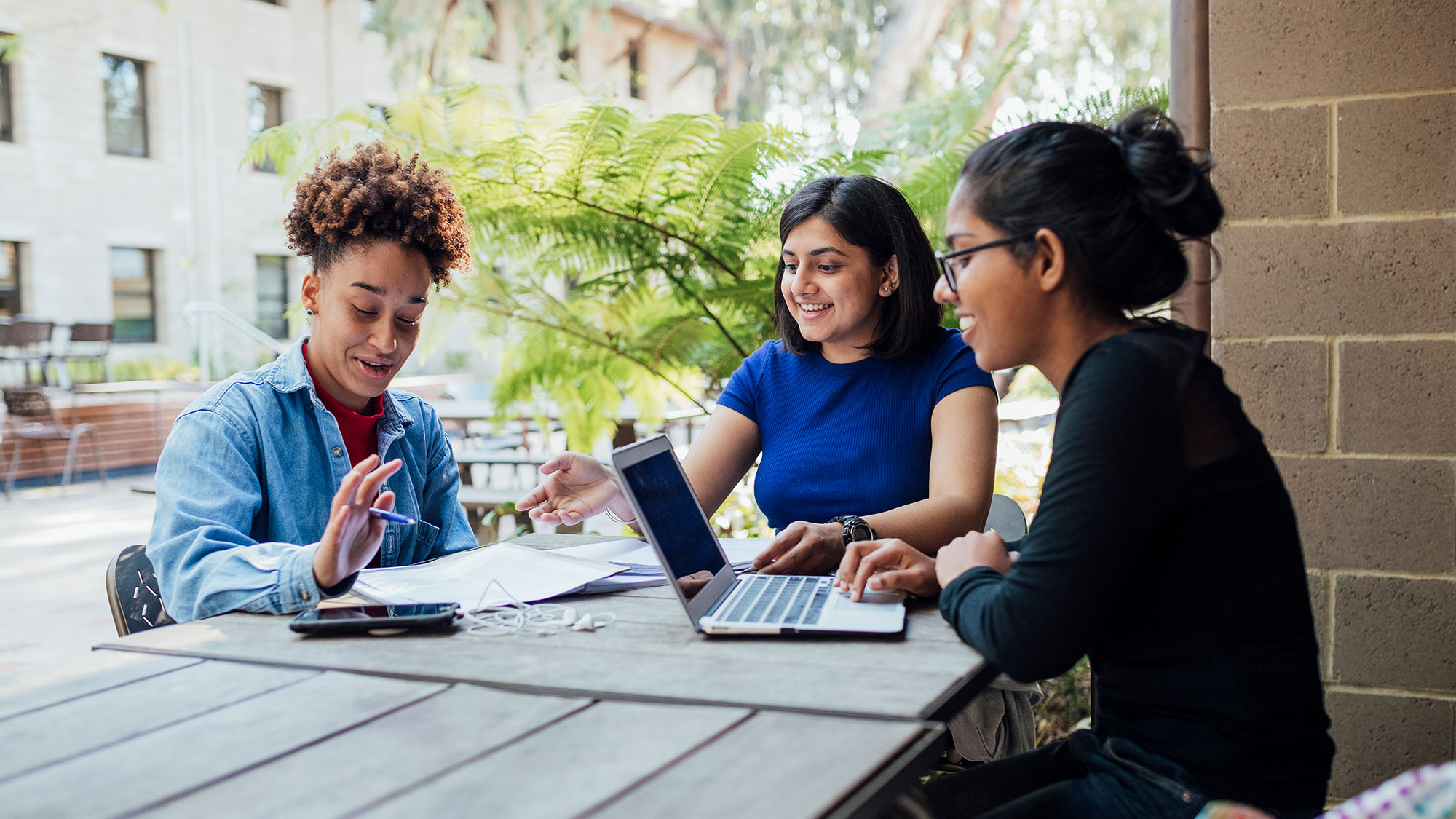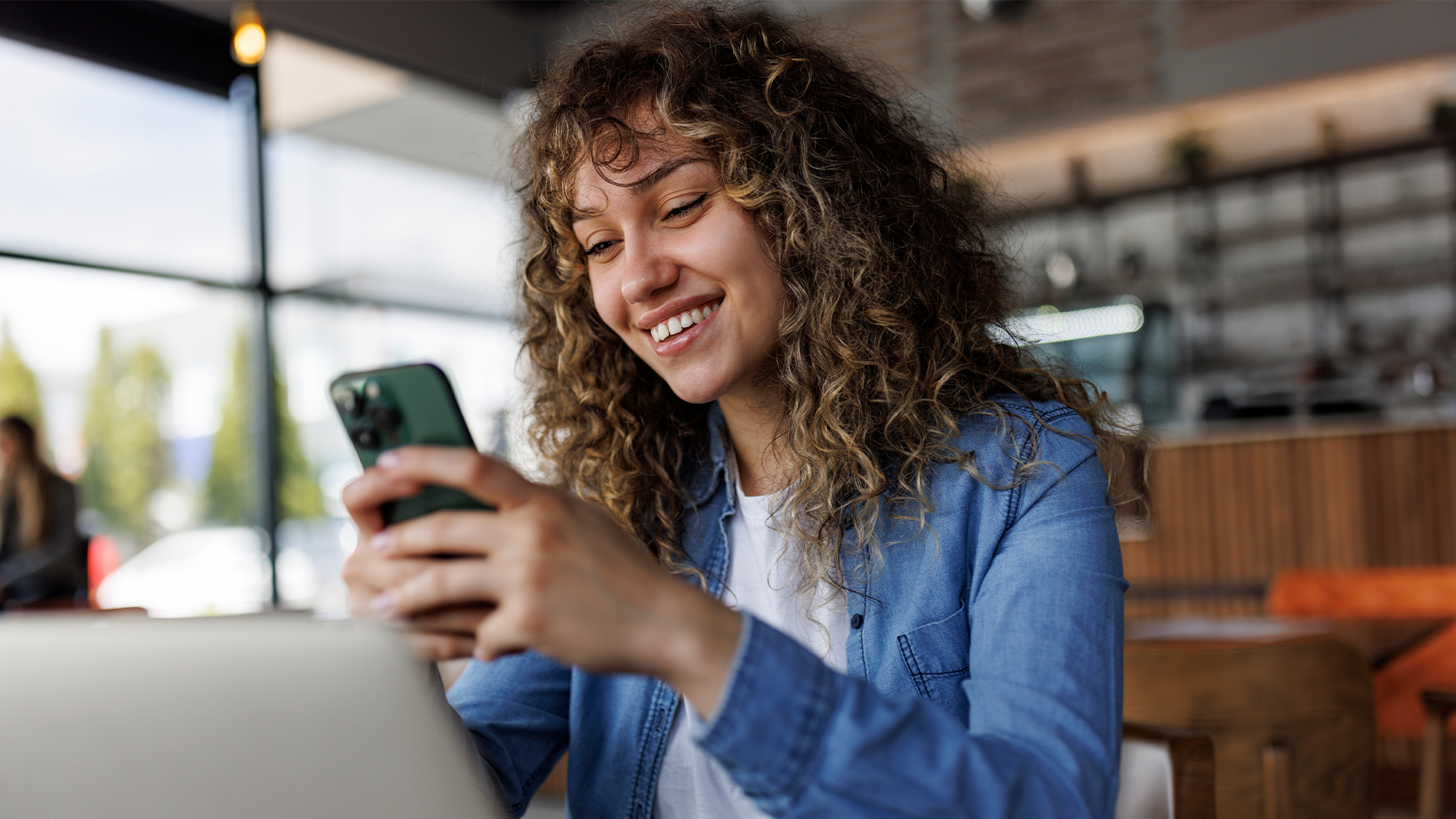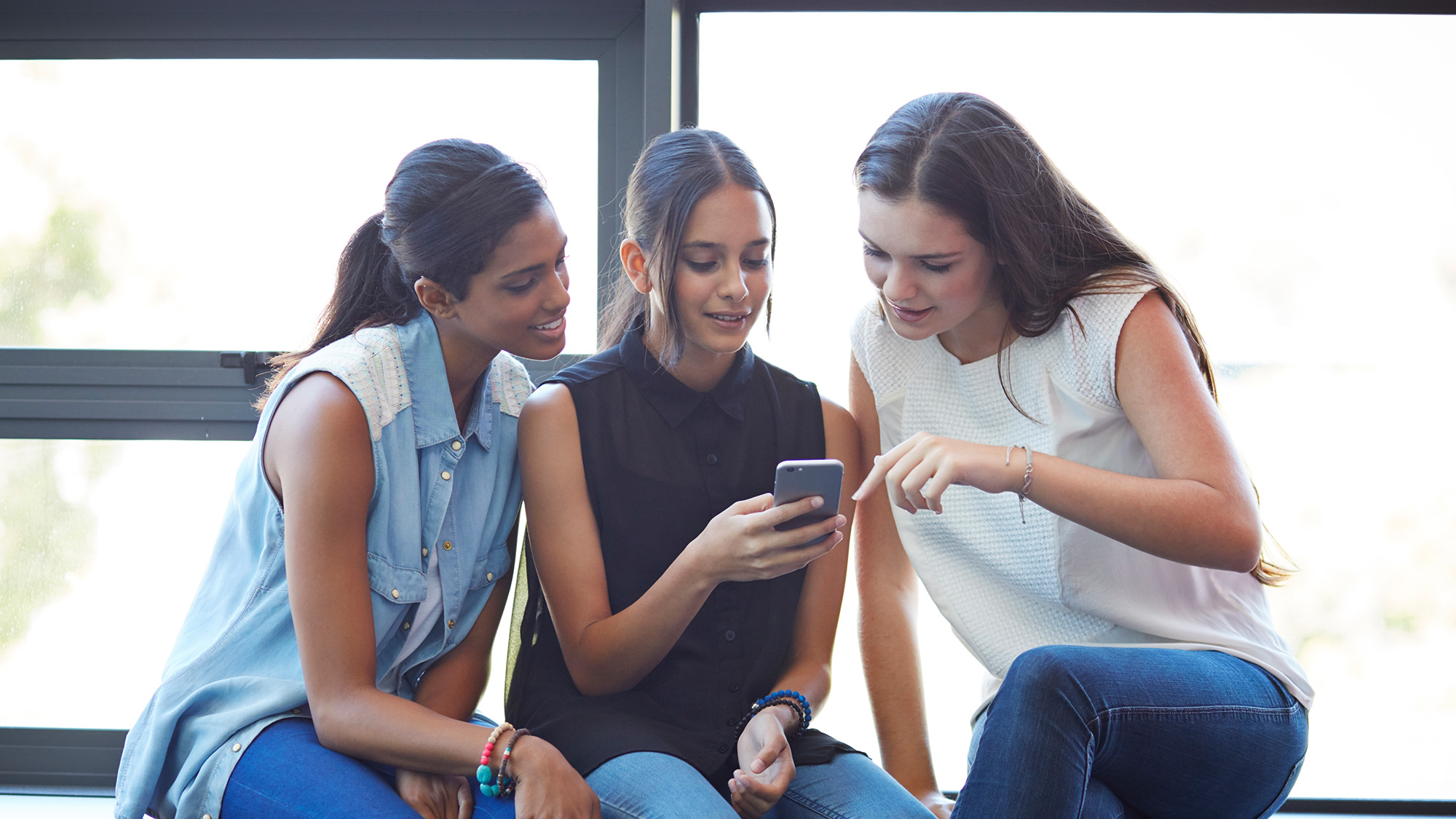Please be aware of scammers that pretend to be from HSBC. Scammers may ask you for security codes over the phone or via text messages. They might try to contact you in the same text message thread that has legitimate messages from HSBC. Never share your log on credentials or authorisation codes with anyone, such as codes to register your device for mobile banking, to verify your identity, or to authorise a transaction. Contact us now if you are worried about fraud on your account, or to learn more about common types of fraud or scams.




